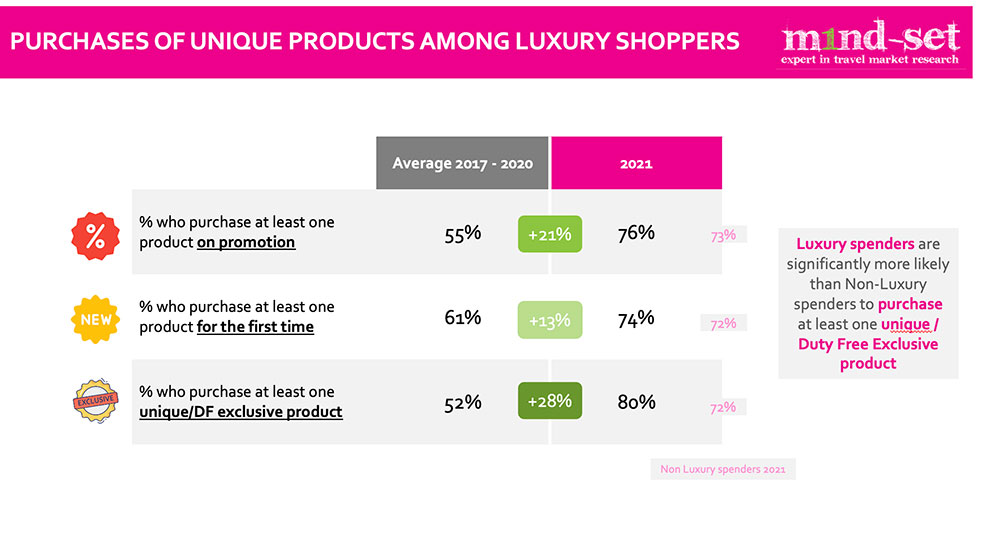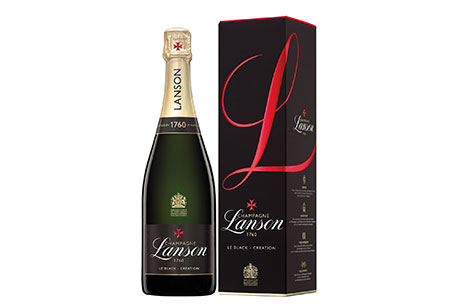M1nd-set: Conscious consumption trend forces luxury businesses to adapt
By Charlotte Turner |
 According to research by m1nd-set, luxury brands retailers and travel and tourism operators are adapting their products and services to a new consumer mindset, which is increasingly more socially and environmentally conscious.
According to research by m1nd-set, luxury brands retailers and travel and tourism operators are adapting their products and services to a new consumer mindset, which is increasingly more socially and environmentally conscious.
The topic of circular fashion was discussed in detail at the inaugural TR Consumer Forum, in a session called ‘Reshaping the Boundaries in Luxury Retail’. M1nd-set shared exclusive data on the move towards conscious consumption and sustainability during the two-day conference in London.
Companies across all sectors and categories in luxury retail are fundamentally changing the way they source, manufacture and package products or repositioning them and their affiliated services.
The research explores how these changes are impacting the luxury retail sector today and how travel retail will need to adapt to stay in line with consumer expectations.
PRE-COVID VS 2021
The latest consumer trends and luxury shopping behaviour in travel retail are also a focal point of the research, in particular how post-pandemic luxury goods shoppers have changed their behaviour when travelling and shopping.
The research also highlights the shift towards conscious consumption among Chinese consumers. According to m1nd-set, the Chinese consumer is particularly sensitive to conscious consumption as opposed to conspicuous consumption.
One of the key trends highlighted in the report is the focus on experiential luxury since the pandemic. There is a growing demand among some luxury consumer segments for luxury travel experiences over luxury products, the research reveals.
Luxury consumers are seeking less ostentation and more emotional and spiritual experiences, which is leading to a marked growth in the luxury health and wellness travel sector. Respect towards the environment and immersion in nature are also important aspects of these travel sustainable luxury experiences.
GREATER RESPONSIBILITY AND ACCOUNTABILITY
Citing examples across some of the core categories including beauty, fashion & accessories, confectionery wines & spirits and even watches & jewellery, the research illustrates how major brands from all sectors are responding to the consumer call for greater responsibility and accountability.
In luxury fashion, the emergence of recycled materials by some luxury fashion houses as well as an end to using animal fur, adopting vegan leather and recycled nylon, are just some examples of recent developments among luxury fashion groups to meet the expectations of the more mindful post-pandemic luxury shopper.
On travel retail shopper behaviour among luxury shoppers specifically, the research reveals the preferred categories among luxury shoppers and how their shopping behaviour in duty free has evolved since before the pandemic as well as in comparison to non-luxury shoppers.
According to m1nd-set, luxury shoppers are particularly more interested than they were before the pandemic in finding different products from their usual luxury purchases and more sustainable packaging.
DATA ON DUTY FREE EXCLUSIVES AND SALES STAFF
Twenty-five percent of luxury shoppers said they place importance on purchasing something different compared to 18% on average in the years from 2017 to 2020, and compared to 21% of non-luxury shoppers.
Twenty percent said they were more conscious about the product packaging in 2021 compared to only 11% on average in the years from 2017 to 2020, and compared to 17% of non-luxury shoppers.
Luxury shoppers are also significantly more likely than non-luxury shoppers to purchase at least one unique duty free exclusive product and more likely than they did before the pandemic too. Eighty percent of luxury shoppers said they would purchase a duty free exclusive, up 28% on the four-year average between 2017 and 2020 and 8% higher than among non-luxury shoppers.
The interaction with, and impact of, sales staff on the purchase behaviour also reveals significant changes, particularly concerning the influence that sales staff are having on the product selection of luxury shoppers since the pandemic.
Head of Business Development at m1nd-set, Anna Marchesini, commented on the research findings: “In all the years we have been studying shopper behaviour at m1nd-set, and looking back at previous decades before that, there has not been any occurrence which has had as much of a game-changing impact on the way shoppers behave. Luxury consumers have abandoned their quest for extravagance.
“Given the shift towards more responsible consumption, and the shopping behaviour of luxury shoppers in travel retail, where we see consumers looking for more information on the products and services prior to purchasing, we believe there is a huge opportunity for brands.
“The most forward-thinking luxury brands in retail and in travel retail will seize this opportunity to educate consumers about the unique history and sustainable attributes of their products or services. The world has changed and sustainability is no longer a choice, but a requirement.”
For more information on this luxury shopper research or m1nd-set’s post-Covid recovery research, please contact m1nd-set: [email protected].
JEDCO launches multi-category tenders at KAIA T1
Jeddah Airports Company (JEDCO KSA) has issued a request for proposals for several...
Alcohol insights: Conversion up, spend down in Q4
Conversion of visitors in the alcohol category in duty free has risen to 54% in Q4 2023,...
Heinemann Asia Pacific makes breakthrough in New Zealand at AKL
Heinemann Asia Pacific is set to enter the New Zealand market with three new retail concepts at...
-
 International,
International,JEDCO launches multi-category tenders at KAIA T1
-
 International,
International,Alcohol insights: Conversion up, spend down in Q4
-


In the Magazine
TRBusiness Magazine is free to access. Read the latest issue now.

 Trbusiness. The travel retail Trbusiness. The magazine for global retail and duty free professionals.
Trbusiness. The travel retail Trbusiness. The magazine for global retail and duty free professionals.























